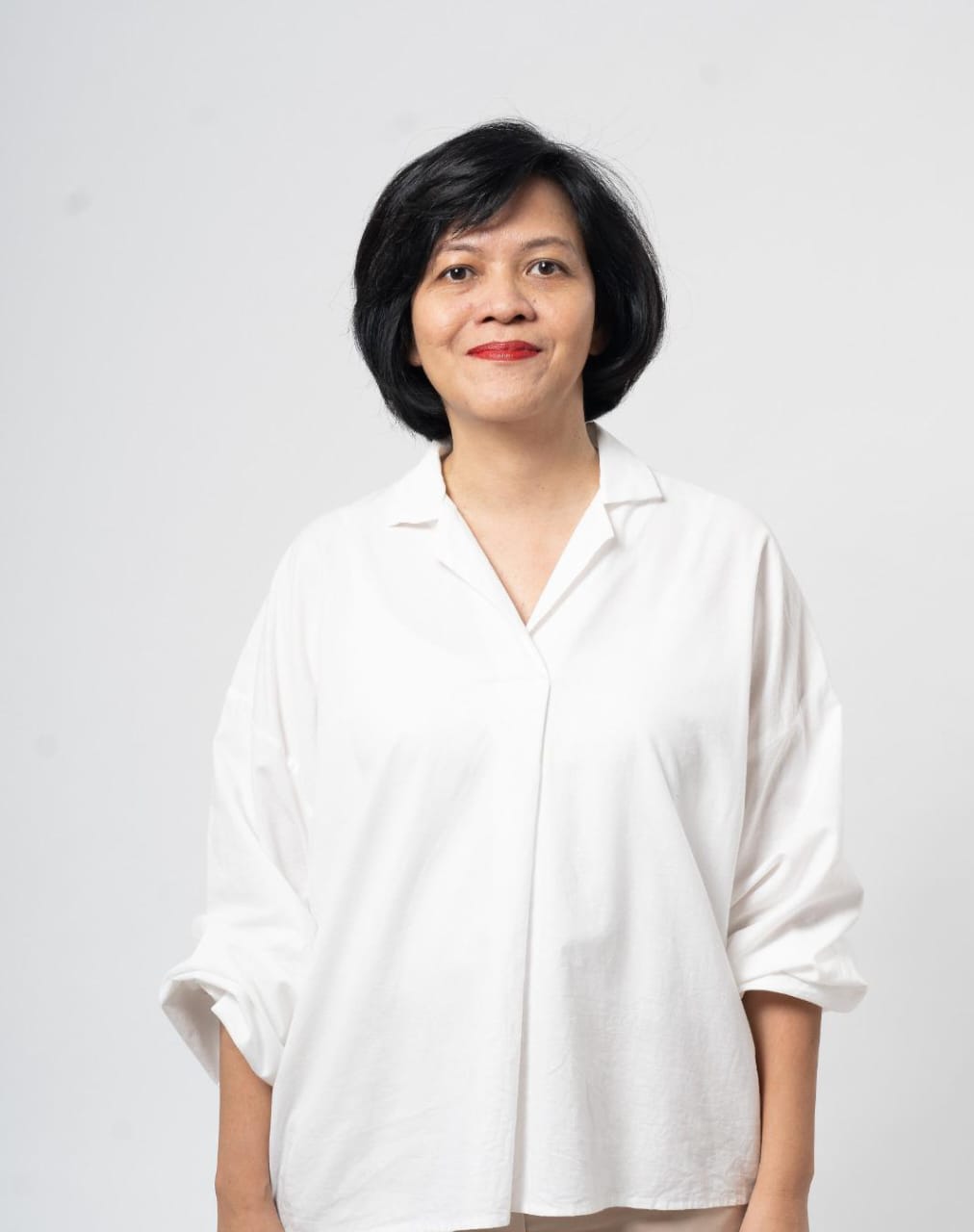Rector of Universitas Indonesia (UI), Prof. Ari Kuncoro, S.E., M.A., Ph.D., confirmed Prof. Dr. Ir. Sjahrul Meizar Nasri, M.Sc. as Permanent Professor at the UI Faculty of Public Health (FKM) in the field of Occupational Safety and Health (K3), on Wednesday (04/10), at the Convention Hall, UI Depok Campus. Prof. Sjahrul was officially inaugurated after delivering a scientific oration entitled “Complete Health Risk Prevention as an Added Value to the Implementation of the Safe and Responsible Use of Chrysotile (SRUC) System in the Fiber Cement Industry in Indonesia”.

SRUC is a program implemented internationally for safety and health in the use of chrysotile. SRUC is applied to the entire work process, starting from mining of materials, storage of materials, production process, storage after becoming a product, transportation, to use by end-users. Prof. Sjahrul said that it was important to perfect the Safe and Responsible Use method so that comprehensive and thorough health risk management could be planned and implemented from upstream to downstream in the Chrysotile Fiber Industrialization process.
Improving the SRUC program can be done by paying attention to several things, namely implementation of product lifespan, procedures during product disassembly activities, outreach to the user community, continuous monitoring and evaluation by relevant agencies, as well as recommendations for the SRUC program to become one of the elements of company performance assessment (Key Performance Indicators).
Refining the SRUC risk management method is a solution to the economic and political competition regarding the status of chrysotile use. There is a group of countries that want chrysotile to be banned or at least included in the list of “Chemical Substances Selected for Granting Permits (Prior Informed Consent/PIC) Annex III”. Meanwhile, there are also chrysotile-using countries that still want to maintain Chrysotile Fiber Industrialization without having to include it in the PIC-Annex III list.
Prof. Sjahrul said that the implementation of PIC in Annex III of the Rotterdam Convention is actually in accordance with the aim of reducing safety and health risks that have the potential to occur during import/export processes, industrial processes, and stages in society. This is in line with knowledge oriented towards risk management in the field of K3 which has been and continues to be developed by lecturers in the K3 Department of FKM UI. However, in practice, the implementation of PIC-Annex III is not always in accordance with its main objectives.
Those who oppose chrysotile being included in PIC-Annex III are concerned that it will be politicized by countries with different opinions. According to them, if chrysotile is included in PIC-Annex III, the export/import process will become difficult and import/export costs will be high. As a result, product prices cannot compete in international and national markets. Apart from that, the import/export process also has the potential to not be conducted because the countries that are transit locations for the product apply certain regulations.
Therefore, from the Rotterdam Convention (RC) 3rd Meeting of the Conference of the Parties (COP-03) in 2005 until the RC COP-12 in 2023 was held, chrysotile was never agreed to be included in PIC-Annex III. The parties to the agreement developed a program to mitigate risks, namely SRUC. They are able to reduce potential safety and health risks to a low risk level, both in mining processes, industrial production and transportation.
According to Prof. Sjahrul, health is the main and first aspect that must be the nation’s priority, but not by prohibiting or limiting things that will result in the loss of the economic value of a product, where it has no selling value. “We have to change our mindset and look at problems more comprehensively from a helicopter view, namely by considering economic, political, financial, social, cultural, defense and national security aspects,” he said.
Prof. Sjahrul added that by preventing health risks completely, this could add value to the implementation of SRUC. This is a wise way to provide protection to consumers and the sustainability of fiber cement industrialization in Indonesia. Therefore, the fiber cement industry can be run without having to sacrifice safety and health aspects, as well as national-international trade aspects.
This research related to the application of SRUC to the fiber cement industry in Indonesia is one of many studies conducted by Prof. Sjahrul. Some of them are The Risk Factors for Musculoskeletal Symptoms During Work From Home Due to the Covid-19 Pandemic (2023), PM2.5 Exposure and Lung Function Impairment among Fiber-Cement Industry Workers (2023), and The Prevalence of Bad Posture and Musculoskeletal Symptoms Originating from the Use of Gadgets as An Impact of the Work from Home Program of the University Community (2022).
Prof. Dr. Ir. Sjahrul Meizar Nasri, M.Sc. completed a Bachelor’s degree in Environmental Engineering at the Bandung Institute of Technology in 1982; earned a Master of Science in Hygiene at the University of Pittsburgh, PA, USA, in 1988; and received a Doctorate degree in the Epidemiology Study Program FKM UI in 2005. Currently, Prof. Sjahrul serves as Head of the UI Safety, Occupational Health and Environment UPT as well as Chief Advisor to the Indonesia Industrial Hygiene Association (IIHA).
The inauguration procession of professor Prof. Sjahrul was also attended by Senior Expat Trade Representative of the Russian Federation in the Republic of Indonesia, Timur Efremov; Secretary of the Directorate General of Resilience, Regionalization and International Industrial Access, Ministry of Industry, Jonni Afrizon, S.E., M.M.; Director of Institutional Development for Occupational Safety and Health, Directorate General of Manpower and K3, Ministry of Manpower, Hery Sutanto, S.T., M.M.; and Medical Services Director International SOS Indonesia, Dr. Hari Wibowo.



